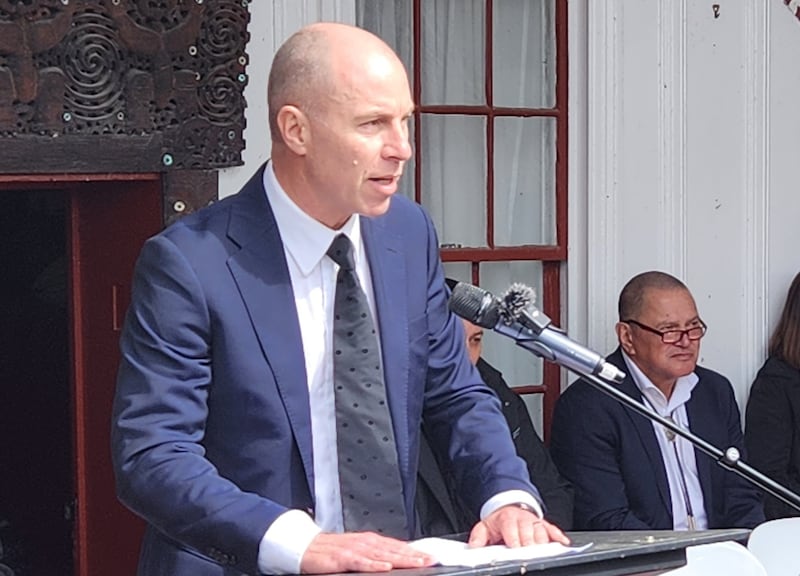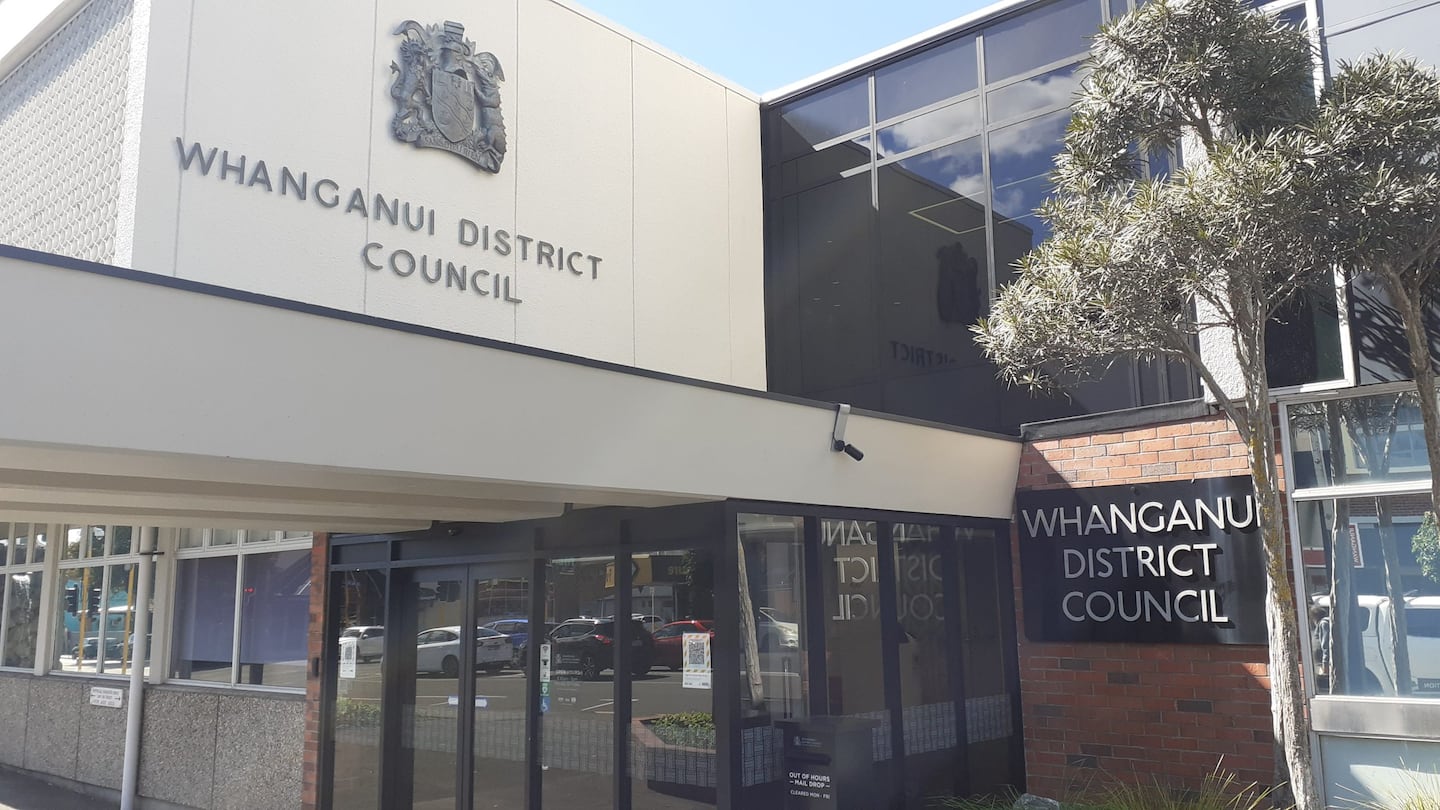Defiant Whanganui District councillors have voted 11-2 to affirm their decision to introduce a Māori ward in 2025.
In a protest vote immediately following the decision, an overwhelming majority (11-2) rejected a motion to note that the decision would trigger a binding poll on whether to keep the two Māori seats beyond 2028.
“It’s a protest vote,” Jenny Duncan said.
“We’re saying we don’t want to send it to a referendum,” Ross Fallen said.
The mayor and councillors came out swinging against the government edict requiring councils to hold a binding poll at the 2025 elections if they chose not to rescind a decision to establish Māori seats.
Whanganui councillors voted 8-5 last October to set up a Māori ward next October.
Mayor Andrew Tripe, deputy mayor Helen Craig and Ross Fallen on Tuesday shifted their previous positions opposing the ward.
Tripe said he had always wanted iwi and hapū at the council table but last year he was not sure if Māori wards were the way to do that.
But on Tuesday, he aimed a taiaha at thegovernment.
“I want to honour local democracy – we made a decision for Māori wards. We did what we said we’d do and listened to our community. I’d rather do that than be instructed by our central government about what we can and can’t do.
“We’re here as local government to serve our community, not to be told what to do by central government.”
Michael Law said his ear was only for Whanganui.
“I don’t listen to Daddy in Wellington. We made our choice. We must support the decisions we make. That is the oath we took. I will not rescind my vote.”

Josh Chandulal-Mackay said he was disappointed and angry to be “relitigating” the issue.
“It is an ideological imposition put on us by the government. It doesn’t reflect localism,” Chandulal-Mackay said.
“In no other ward is a provision for a binding poll available. This is discriminatory.”
Chandulal-Mackay said the requirement imposed additional costs on councils – an estimated $45,000 for Whanganui ratepayers.
Māori had been “locked out” of decision-making for 184 years, leading to many decisions that did not represent an indigenous view. Māori seats were an opportunity to correct the imbalance.
Chandulal-Mackay said he was worried about the impact of referenda at the next election.
“It is a majority making a decision on behalf of a minority and it is happening in the context of a Eurocentric system which creates inherent bias against Māori. It’s just not on.”
Two councillors remained opposed to Māori seats. Charlie Anderson said community push-back was “just too much”.
“I don’t believe the majority of Māori want this either. There have been plenty of good Māori folk who have successfully competed for and won seats in a general ward, just like any ethnicity.
“All they have to do is stand and the Māori will vote for them. This is clearly race-based politics and is therefore racist, in my view.”
Rob Vinsen said Māori were doing “very well” in representation in both local and central government. He said he was concerned about discrimination apparent in the discussion.
“Nearly half of those that consider themselves Māori don’t choose to go on the Māori roll. Forty-seven percent go on the general roll. Isn’t there a message in that?” Vinsen asked.
“Forty-seven percent want the opportunity of a range of candidates to put their name against, not just two.”
Jenny Duncan suggested councils should collectivise to oppose the polling requirements.
“We simply cannot allow this sort of thing to happen in our country. It is wrong,” she said.
Duncan said Māori seats were necessary to get Māori into council chambers.
“You can’t possibly say that Māori are well represented – they’re not. Yes, there’s the Mayor of Wellington and the Mayor in the Far North – that’s two out of over 70.”
Phillipa Baker-Hogan said she’d been at the council table for nearly 20 years and seen only two Māori councillors in that time.
“That says it all. I’m appalled at this [government’s] decision to enforce this poll. I think this council wants to be on the right side of history and I have some confidence that our community will make the right decision. We want Māori councillors at this table.”
LDR is local body journalism co-funded by RNZ and NZ On Air



